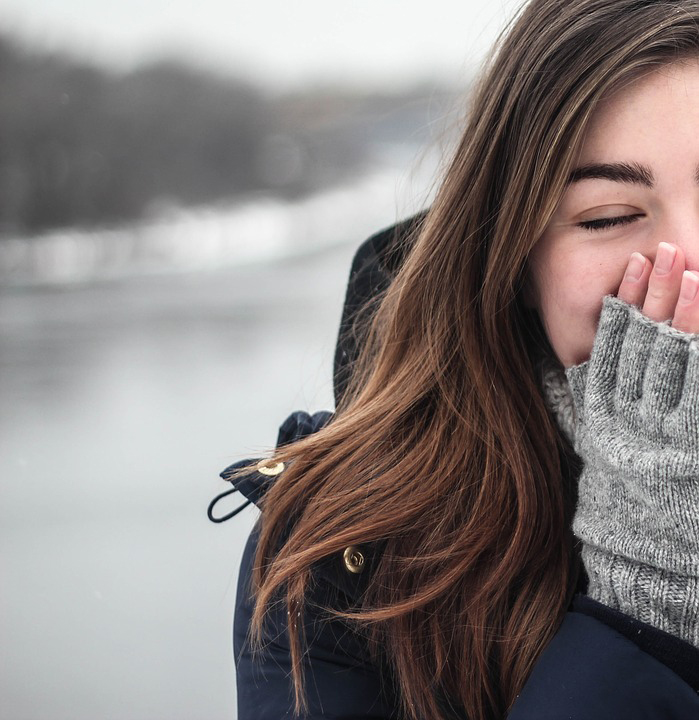Ashford Clinic Blog
Everything You Need to Know about Winter Allergies
 Yes, Virginia, there are Winter Allergens. Even though we're no longer tracking the pollen count, there are still a number of allergens lurking about, waiting to stir up your allergy symptoms. For many Americans, it's always allergy season, even when the most common culprits are dormant for the winter. Here's what you need to know about allergies in the Winter...
Yes, Virginia, there are Winter Allergens. Even though we're no longer tracking the pollen count, there are still a number of allergens lurking about, waiting to stir up your allergy symptoms. For many Americans, it's always allergy season, even when the most common culprits are dormant for the winter. Here's what you need to know about allergies in the Winter...
The Struggle Moves Indoors
During the winter months, most of the substances that cause you to sneeze and wheeze are actually located indoors. The most common culprits for indoor allergies are:
- Mold
- Dust Mites
- Pet Dander
- Insect Droppings
It's also worth noting that while wood smoke isn't an allergen, it can still affect you and trigger some of the same sypmtoms. With that in mind, it would be wise to limit the use of fireplaces if possible.
The Common Cold vs. Allergies
Winter allergies and the common cold tend to share many of the same symptoms, including runny nose, sore throat, fatigue, and cough. This can make it difficult to determine whether you're dealing with allergy symptoms or a cold virus. There are some key differences to look out for. Allergy symptoms usually include itchy or watery eyes, so if that's part of what you're experiencing, it's likely not a cold. Also, cold viruses tend to make you feel achy and cause a mild fever, which is something that is not associated with allergies. Also, allergies can last for months, but a cold will typically only last from 3 to 14 days.
How to Minimize Winter Allergies
Avoidance is key with keeping allergy symptoms at bay, so a few things that you can do to minimize your exposure to winter allergens can include:
- Using a HEPA filter vacuum. These filters are 99.97% proficient in capturing particles 0.3 microns
- Keeping home humidity levels low—aim for 40 to 50 percent
- Washing bedding weekly
- Removing mold
- Keeping indoor pets out of the bedroom
- Placing dehumidifiers in damp areas, particularly basements
If you're taking precautions to minimize your exposure and still dealing with allergy symptoms, getting allergy tested and seeking further treatment is the best course of action. At Ashford Clinic, we utilize easy and effective allergy drops to help you with your symptoms.


